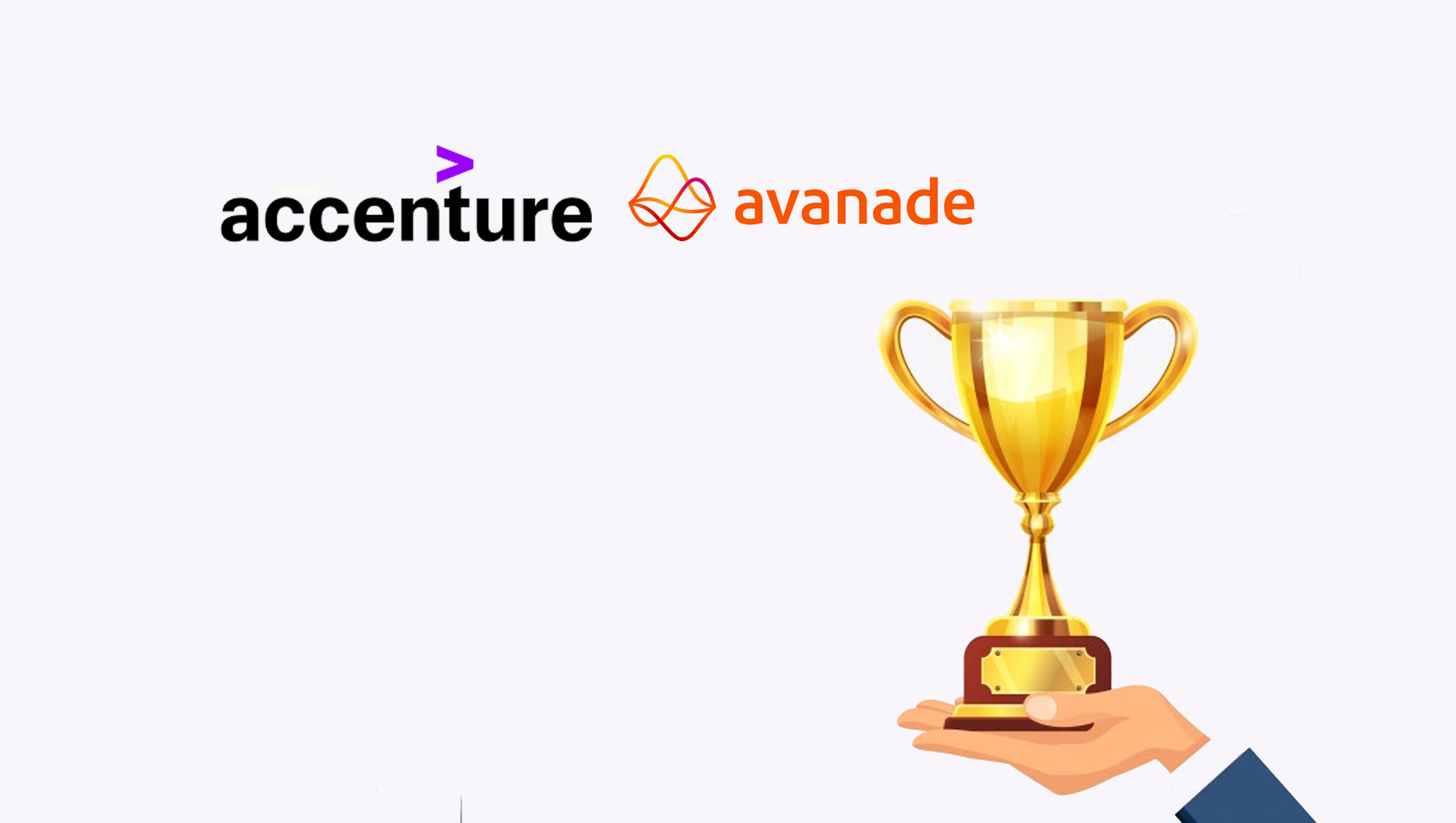More than 18 months after announcing that Chrome would no longer support third party cookies, Google declared a year-plus delay in that plan, citing the need for more time to “get this right.” While the natural inclination for publishers and brands might be to breathe a sigh of relief and say “Oh great, now I don’t have to worry about this for a while,” nothing could be further from the truth. That’s because the fundamental consumer and regulatory push toward more privacy and less tracking hasn’t changed a bit. Users want more control over their data and how it’s used, and regulators are committed to enforcing and expanding their protections. Those facts are what drove Google’s decisions today and in early 2020 with their original announcement.
Marketing Technology News: Automated Partner Payments Are Your Secret Weapon In The Creator Economy – But Why?
So what should publishers and brands do now? First, use this delay to develop well-grounded strategies built on engaged, loyal users who are willing to share their identity and appropriate personal information. At Piano, over the past year we’ve been talking with publishers, brands, agencies, ad tech companies and industry experts, and it’s clear they all understand the value of this approach, but many aren’t sure where to start. This pause creates opportunity to develop a solid strategy for engagement and converting anonymous users to known, known users to profiled.
Second, it’s also clear from our learnings in the past year that publishers and brands will need more than a single approach to delivering relevant, appropriately-targeted advertising in the post-cookie era. It’s essential to identify technology and strategic partners who understand and can help execute a multi-faceted strategy that works across anonymous and known users, direct and programmatic advertising. Doing that will have immediate value, unlocking opportunity with the sizable share of the audience that’s already browsing without third-party cookies.
Finally, everyone should understand that Google’s announcement today came entirely out of self interest. Their Privacy Sandbox/FLoC approach was getting pushback in the marketplace, facing tight scrutiny from regulators concerned both on antitrust and consumer privacy grounds, and moving ahead meant risking billions in revenue for Google, which still depends on third party cookies for much of its advertising revenue. So take this pause as an opportunity to develop less dependence on Google and its tight hold on search and digital advertising, which again, for publishers and brands means building direct user relationships, and diverse technology solutions for advertising and marketing.
Marketing Technology News: Consumers Weigh In On Data Privacy And E-Commerce As Economy Re-Opens



